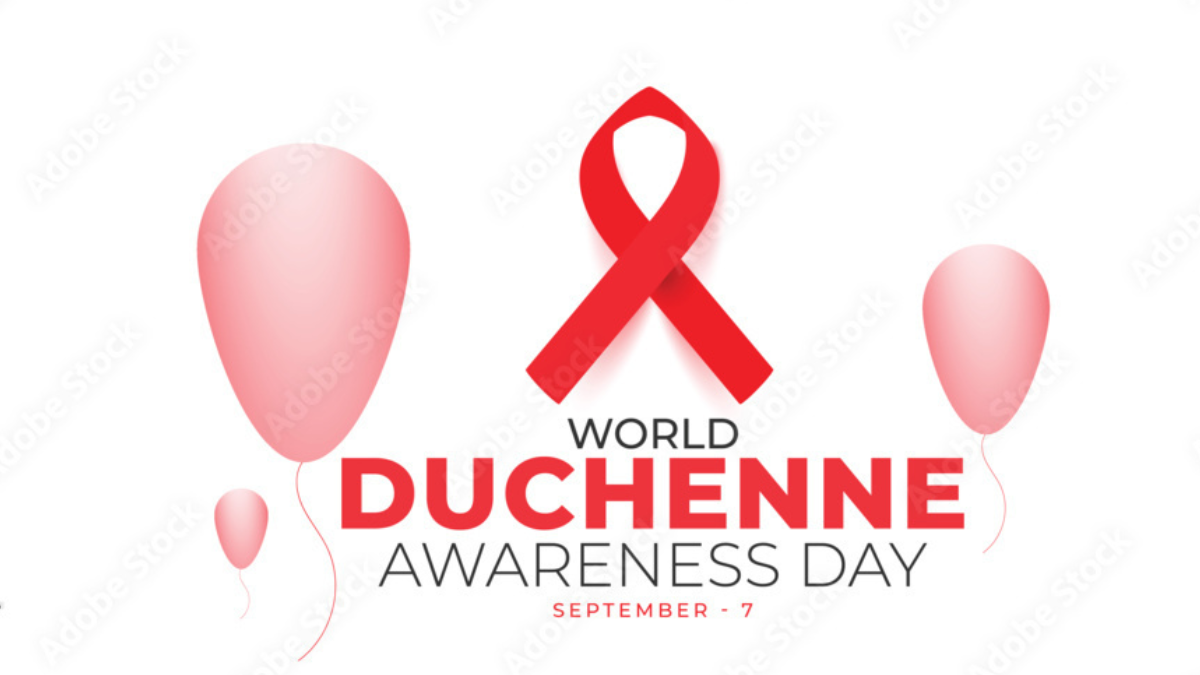Duchenne Muscular Dystrophy (DMD) is a rare genetic disorder characterized by progressive muscle degeneration and weakness. This condition primarily affects males due to its X-chromosome-linked nature. Named after Dr. Duchenne de Boulogne, who first described the disease in detail in the 1860s, DMD continues to be a focus of medical research and advocacy efforts worldwide.
The Genetic Basis of DMD
The Role of Dystrophin
At the heart of DMD is a genetic mutation that affects the production of dystrophin, a crucial protein for muscle health. This protein acts as a protective agent for muscles, and its absence leads to the gradual weakening and breakdown of muscle fibers.
X-Chromosome Linkage
The genetic fault responsible for DMD is located on the X-chromosome. Since males have only one X-chromosome, they are more susceptible to expressing the disorder if they inherit the faulty gene. Females, having two X-chromosomes, are typically carriers but rarely exhibit symptoms.
Progression and Symptoms of DMD
Early Signs and Diagnosis
The onset of DMD symptoms often occurs in early childhood. However, in many countries, the average age of diagnosis is above 4 years, with a diagnostic delay of around 2.5 years. Parents frequently notice symptoms earlier, highlighting the need for increased awareness and early screening.
Muscle Weakness Progression
DMD manifests as a progressive weakening of muscles throughout the body:
- Walking Difficulties: Initially, children may struggle with walking and basic motor functions.
- Loss of Motor Skills: As the disease progresses, other motor functions become affected.
- Respiratory and Cardiac Issues: Eventually, the disease impacts breathing and heart function, as these rely on muscle strength.
Cognitive and Behavioral Aspects
Beyond physical symptoms, DMD can also affect cognitive function and behavior. The absence of dystrophin in the brain may lead to learning difficulties and behavioral challenges in some individuals with DMD.
World Duchenne Awareness Day
United Nations Recognition
Recognizing the significance of DMD as one of the most common pediatric genetic rare diseases, the United Nations General Assembly has designated September 7th as World Duchenne Awareness Day. This observance will be officially recognized as a United Nations Day starting in 2024.
Objectives of the Awareness Day
The primary goals of World Duchenne Awareness Day include:
- Raising Awareness: Educating the public about the specific challenges faced by individuals and families affected by DMD and other rare diseases.
- Promoting Understanding: Fostering empathy and support for those living with rare diseases.
- Encouraging Action: Inspiring stakeholders to engage in awareness campaigns, educational programs, and information dissemination.
Global Solidarity
The UN’s recognition of this day aims to promote global solidarity within the rare disease community. It encourages a collective effort to address the unique needs and challenges faced by those affected by DMD and similar conditions.
Challenges in DMD Management
Early Detection
One of the significant challenges in managing DMD is early detection. The current diagnostic delay of about 2.5 years highlights the need for improved screening methods and increased awareness among healthcare providers and parents.
Comprehensive Care
Managing DMD requires a multidisciplinary approach, addressing not only the physical aspects of muscle weakness but also potential cognitive and behavioral issues. This comprehensive care model is crucial for improving the quality of life for individuals with DMD.
Research and Treatment Development
Ongoing research into DMD focuses on developing effective treatments to slow disease progression and potentially restore muscle function. Gene therapy and other innovative approaches are at the forefront of these efforts.




 Central Excise Day 2026: Why 24 February...
Central Excise Day 2026: Why 24 February...
 World Peace and Understanding Day 2026: ...
World Peace and Understanding Day 2026: ...
 International Mother Language Day 2026: ...
International Mother Language Day 2026: ...








